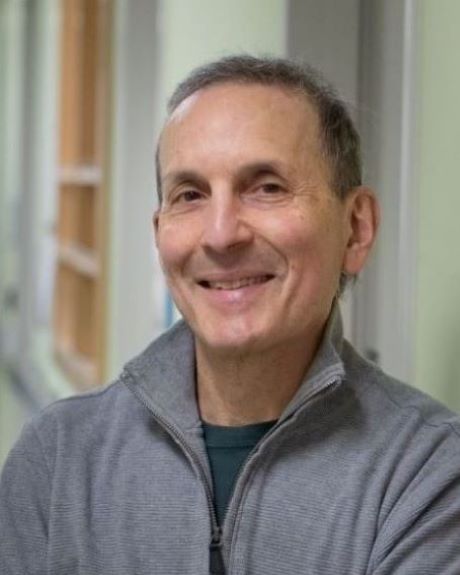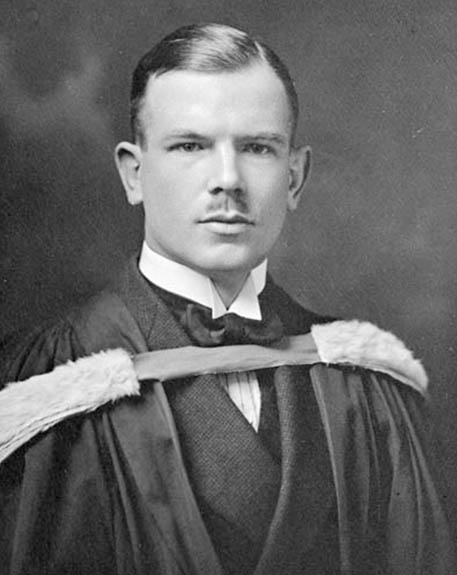1995 INDUCTEE Henry J.M. Barnett, MD Evidence-based Medicine & Clinical Trials, Blood, Brain & Mind
February 10, 1922
(New Castle, England)
October 20, 2016
MD, University of Toronto (1944)
2012: Honorary DSc, Oxford University
2008: Karolinska Stroke Award for Excellence in Stroke Research
See All AwardsAwards & Honours:
2012: Honorary DSc, Oxford University
2008: Karolinska Stroke Award for Excellence in Stroke Research
2003: Companion of the Order of Canada
1998: Honorary Doctorate, University of Utrecht, The Netherlands
1984: Officer of the Order of Canada
Honorary Fellow of the American College of Physicians
Honorary Fellow Royal College of Physicians of London
Honorary member Hungarian Neurosurgical Society Royal Bank Award
Honorary LLD, Dalhousie University
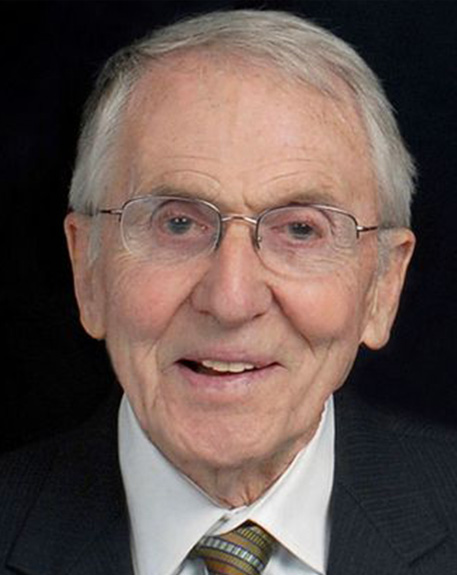
Prevented countless strokes in Canada and around the world
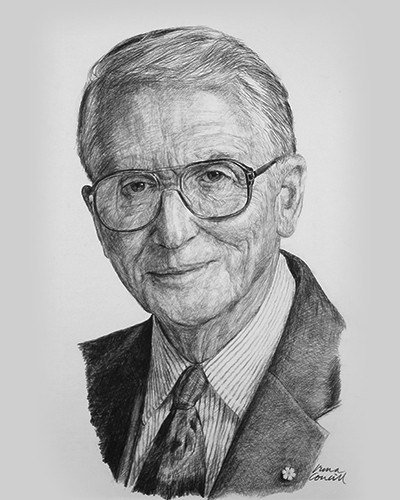
An icon in neuroscience
Dr. Barnett’s impact on medicine is immeasurable. He saved and improved the health of countless stroke patients and contributed immensely to the field of neuroscience at a time when few treatments existed for neurological disorders. Dr. Barnett is best known for directing many of the most important large multi-centered clinical trials in stroke, including the first randomized trial to show that aspirin prevents stroke. With support from the National Institutes of Health, Dr. Barnett also showed that a then widely used surgical treatment for stroke patients involving carotid artery bypass was less effective than good medical treatment. The study averted many unnecessary surgical interventions and informed new treatment strategies.
Key Facts
Conducted the first randomized clinical trials on a global level to demonstrate the effectiveness of aspirin in preventing stroke
Served a six-year term as Editor-in-Chief of Stroke
Became founding president of the Canadian Stroke Society
The NASCET study involved 2,929 patients at over 100 international centres
Published hundreds of original publications and co-authored the authoritative textbook Stroke: Pathology, Diagnosis and Management
Was the first person outside of Europe to be awarded the Karolinska Stroke Award
Professional timeline
Impact on lives today
During his outstanding medical career, Dr. Barnett was the world’s leading consultant in stroke care and brought prestige and world-renown to many Canadian institutions that remain important centres of research to this day. As a generous philanthropist who supported medical research and education and as an unwavering advocate for evidence-based research, he leaves a lasting and indelible mark on clinical research and on the field of medicine. Today, the death rate from heart disease and stroke is 75% per cent lower than it was prior to Dr. Barnett’s work.
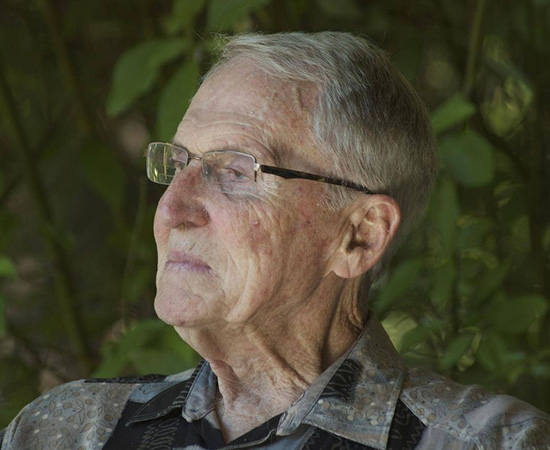
1995
-
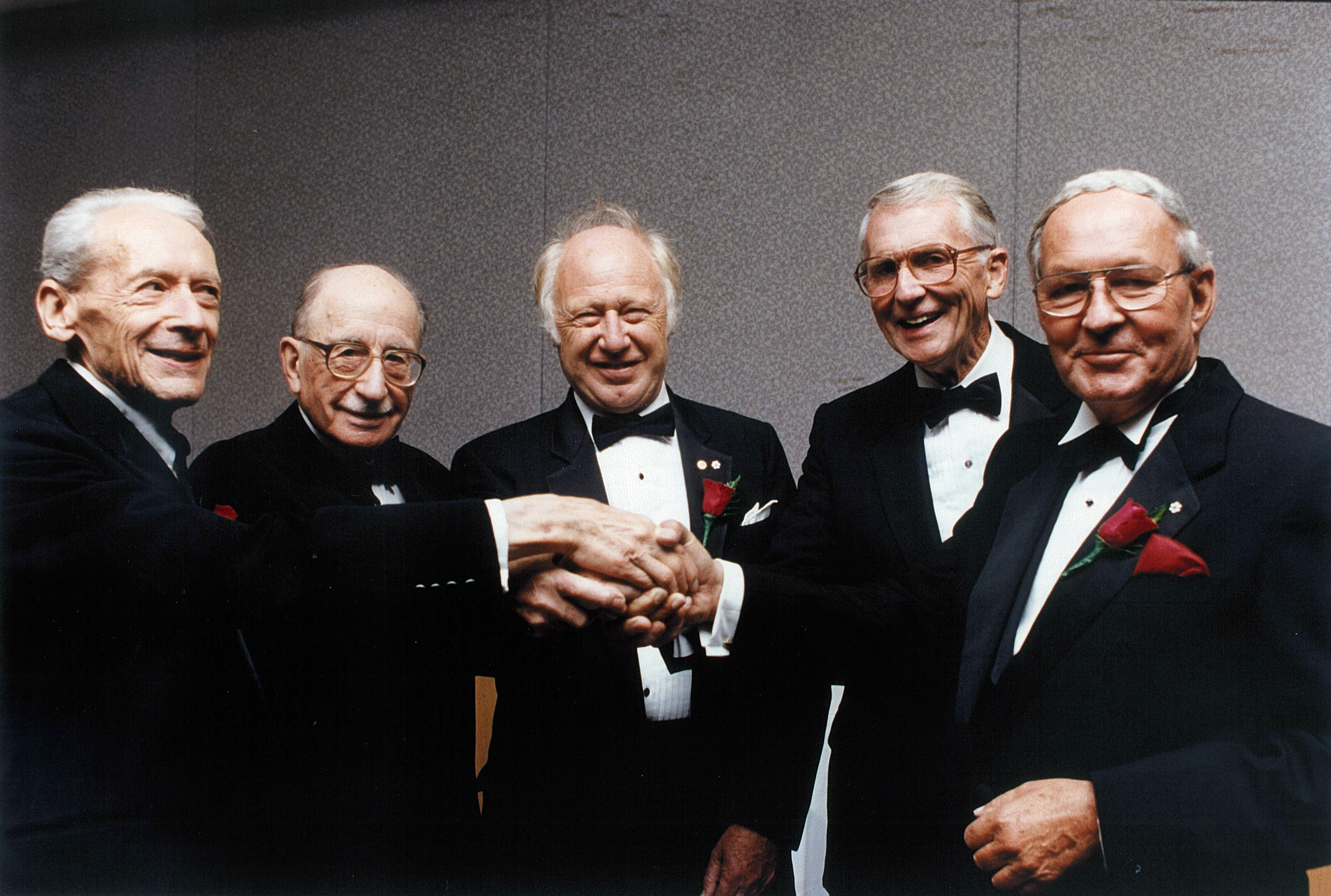
Henry Barnett inducted into the Canadian Medical Hall of Fame
Pictured L-R: Inductees Charles Leblond MD, Herbert Jasper MD PhD, Michael Smith PhD, Henry Barnett MD, Robert Salter MD at ceremony in London, Ontario
-
Dr. Barnett began work with the North American Symptomatic Carotid Endarterectomy Trial (NASCET)
Brain & MindAt the time, carotid artery by-pass surgery was a very common for stroke prevention. Barnett demonstrated, however, that the procedure was only effective in preventing stroke in patients whose carotid artery was more than 70 per cent blocked. His findings averted many unnecessary surgical interventions and informed new treatment strategies.
-

Served as the founding President and Scientific Director of the John P. Robarts Research Institute in London
Leadership in Organizational DevelopmentHe played a significant role in building an international reputation for the institution, which remains a leader in medical research today.
-
Henry Barnett conducted the first randomized trial to show that aspirin prevents stroke
Brain & Mind, Heart & Vessels, Evidence-based Medicine & Clinical TrialsThis ground-breaking work significantly improved the management of heart disease and the treatment of millions of stroke patients worldwide.
-
Dr. Barnett began to study the effectiveness of extracranial-intracranial (EC-IC) bypass surgery
Brain & MindThe results demonstrated that the surgery did not actually benefit patients. His findings contradicted standard practice at the time and was met with initial backlash from neurosurgeons. However, these operations were almost completely stopped by the mid-1980s.
-
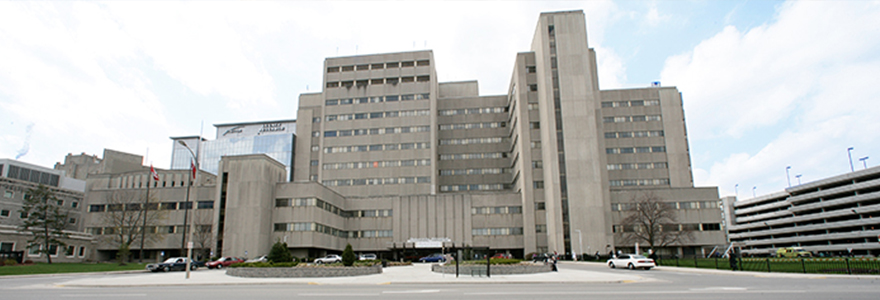
With his close friend Dr. Charles Drake, Henry Barnett was the founding Chief of the Department of Clinical Neurological Sciences at University Hospital (London) and The University of Western Ontario
Brain & Mind, Leadership in Organizational DevelopmentHe remained chair of the department as well as the division of neurology at University Hospital for 15 years.
-
A rising star in the field of neurology, Henry Barnett established the Department of Neuroscience at Sunnybrook Hospital
Brain & MindAt Sunnybrook, his service occupied 70 beds.
-
Became a neurologist at the Toronto General Hospital
Patient Care, Brain & Mind, Health and Medical Education & TrainingHe built a large consulting practice where he treated patients as well as trained medical students and residents.
-
Henry Barnett described a new clinical syndrome: post-traumatic syringomyelia
Brain & MindIn 1973, he published the first English-language monograph on the subject.
-
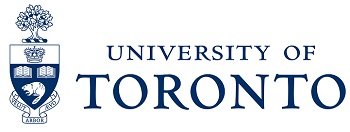
Obtained his medical degree from the University of Toronto
After obtaining specialty qualifications in neurology at the Toronto General Hospital, he moved to Oxford to further his research training.
1944
His contribution to stroke research changed the management of millions of patients.

